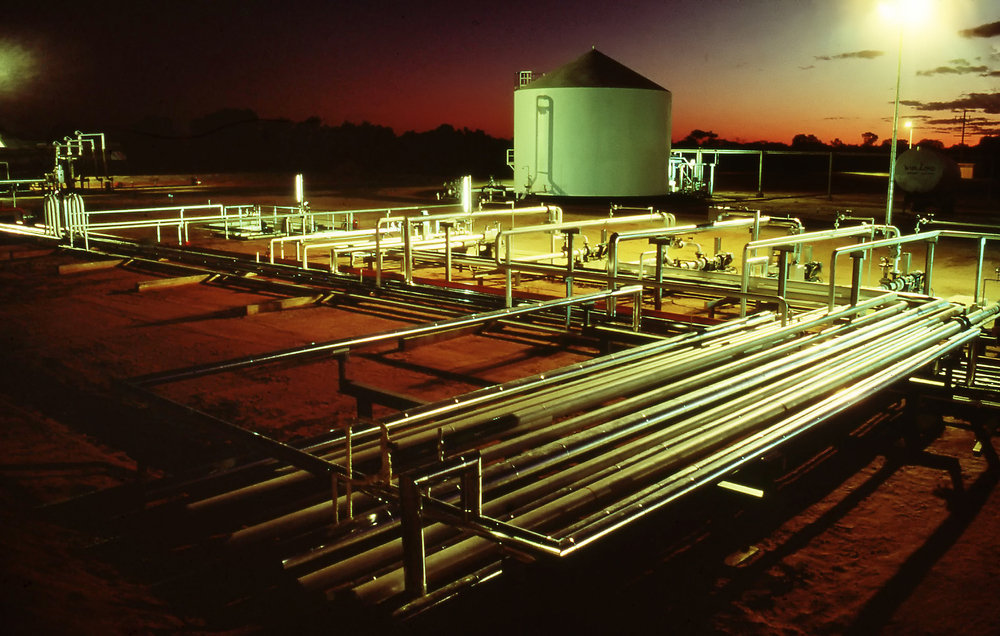
Including gas in Tasmania’s future energy mix will be critical in enabling the state to achieve a net zero carbon energy mix and a reliable economy that creates more jobs, cleaner energy and greater economic prosperity, according to a submission released today by Tas Gas.
The company’s submission is in response to the State Government of Tasmania’s Future Gas Strategy Discussion Paper that was released in November 2021 and outlines the importance of acting now to ensure the state captures the advantages of transitioning to a net zero carbon gas network.
Phaedra Deckart, CEO of Tas Gas said gas is currently a silent partner in the state’s energy system, yet it underpins the reliability of energy supply enjoyed by households, small to medium businesses and large customers.
“It is important when planning for both Tasmania’s future energy supply and its decarbonisation to recognise that whether it is natural gas, hydrogen, or bio-gas, for many businesses there is no alternative currently on the market…to provide their heating needs,” Ms Deckart said.
The submission shows that gas is estimated to directly support approximately $1 billion in economic output and 4,000 direct jobs in Tasmania across businesses.
Ms Deckart said energy reliability and affordability for residential and businesses are important factors in ensuring that there is a mix of gas types in Tasmania’s future gas strategy, as well as the state’s overall energy and carbon policy.
“The maturity of technologies and the time taken to ramp up to commercial scale volumes will mean that achieving net zero carbon in Tasmania will require a mix of gases if we are to make that transition quickly and at the least cost for consumers. We owe it to those who rely on gas as an energy supply to manage the transition expertly and efficiently,” said Ms Deckart.
Tasmania has an extensive and modern gas distribution pipeline with the local engineering and technical expertise to enable low or zero carbon gases to be appropriately manufactured, transported, and used.
“The skills in Tasmania that have been developed and matured over decades of reliable gas operations in the state need to be retained and invested in to allow a safe and efficient operation of the existing gas pipeline network and to enable it to play an important role in our energy future,” said Ms Deckart.
Ms Deckart said government support is essential in ensuring that the right policies, financial support, and expertise is in place to enable a smooth transition and avoid the energy security challenges being experienced by other countries and economies today.
“Tasmania has a unique opportunity to be a global leader in successfully integrating Gas into its Net Zero Carbon model. A model that could then be replicated across the nation. If we get this right, gas in all its forms will mean more jobs, cleaner energy, and greater economic prosperity for Tasmania,” she said.
The full submission is available at https://www.tasgas.com.au/blog/tasmanian-future-gas-strategy



